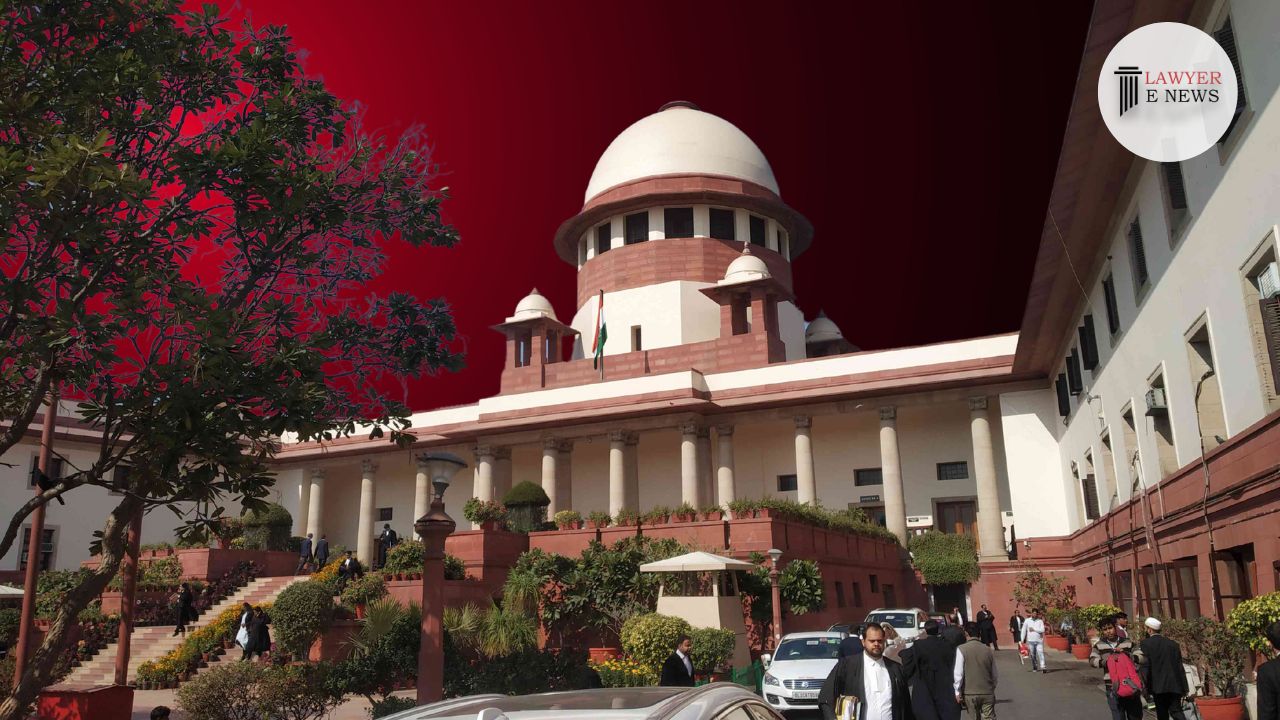-
by Admin
15 February 2026 5:35 AM



In a significant judgement dated April 30, 2024, the Supreme Court of India has acquitted Suresh @ Unni @ Vadi Suresh of all charges in a 2006 criminal incident citing doubts over witness identification procedures and evidence credibility. The bench comprising Justices B.R. Gavai and Sandeep Mehta overturned previous convictions by the High Court and trial court, which had sustained multiple charges under the Indian Penal Code (IPC) and other statutes against the appellant.
The appeal centered on the legal validity of witness identification and the subsequent handling of evidence in the case against Suresh, who had been accused of participating in a violent attack that led to one death and severe injuries to another in Kerala.
On March 6, 2006, a group allegedly attacked a video shop, resulting in the death of one person and injuries to another, identified as Ajeesh (PW-2). The group was accused of forming an unlawful assembly with deadly weapons and bombs. Suresh was later arrested in 2008, and despite multiple charges, the reliability of witness testimonies and evidence recovery was contested.
Witness Testimony and Identification: The Supreme Court highlighted significant delays in witness testimonies and pointed out that the appellant, Suresh, was identified in court for the first time years after the incident without a prior test identification parade, casting doubt on the identification's authenticity.
Evidence Recovery: The credibility of the recovery of an iron rod, purportedly used in the crime, was questioned. The court noted implausibility in the preservation of blood stains over an extended period which was subject to environmental exposure, including two monsoon seasons.
Motive and Misidentification: The court noted inconsistencies in the appellant's description and the absence of a direct motive linked to him, suggesting the possibility of mistaken identity.
Decision: The Supreme Court allowed the appeal, setting aside the earlier judgements. The court acquitted Suresh of all charges, directing his immediate release unless required in another case. This decision underscores the necessity of rigorous standards in criminal identification and evidence handling.
Date of Decision: April 30, 2024
Suresh @ Unni @ Vadi Suresh Versus The State of Kerala
